- Soma Mater's Newsletter
- Posts
- SOMA MATER Weekly Newsletter
SOMA MATER Weekly Newsletter
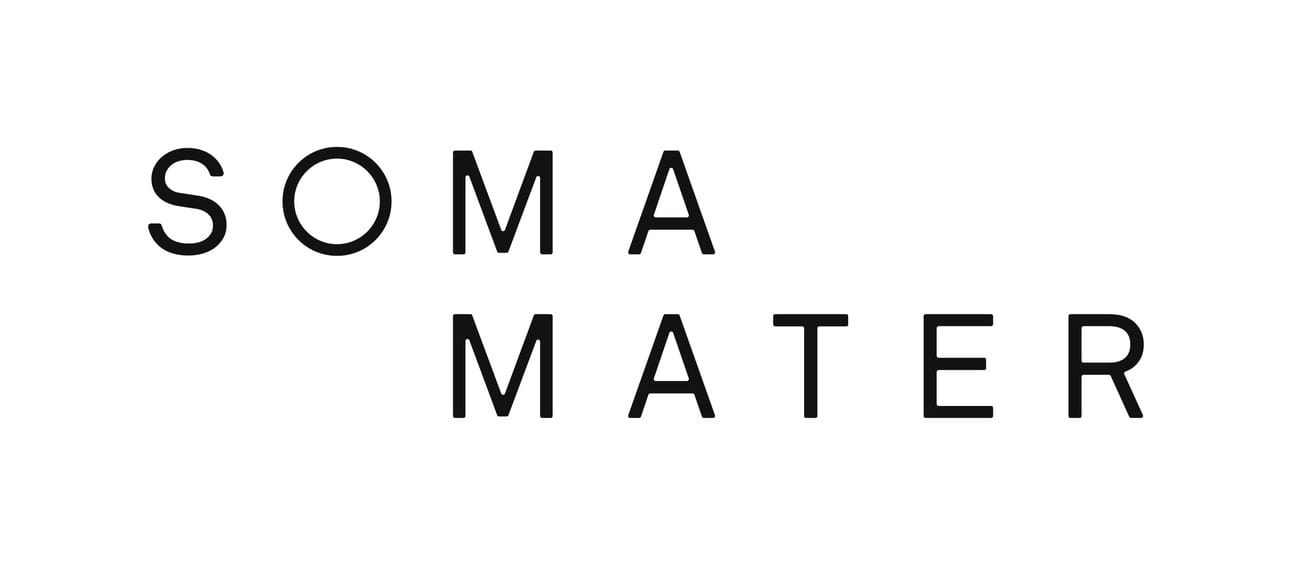
Welcome to the SOMA MATER weekly newsletter.
This is a weekly top 3 stories of the last week in food systems and sustainability, with the SOMA MATER perspective.
This week’s stories look at the recent appointment of 22 new chief AI officers who will be spearheading the integration of AI across the emirate of Dubai. We also look at the launch of the AgriFood Growth and Water Abundance Cluster (AGWA) as a new initiative linking water, food, and agriculture. Lastly, we look at the UAE’s achievement in ranking 7th globally in the most recent 2024 World Competitiveness Report.
We would like to bring as much value in this newsletter to you. If there is something you would like us to cover, reply to this newsletter and let us know!
Sustainably yours,
The SOMA team
Dubai Dials Up AI: 22 New Officers Report for Duty
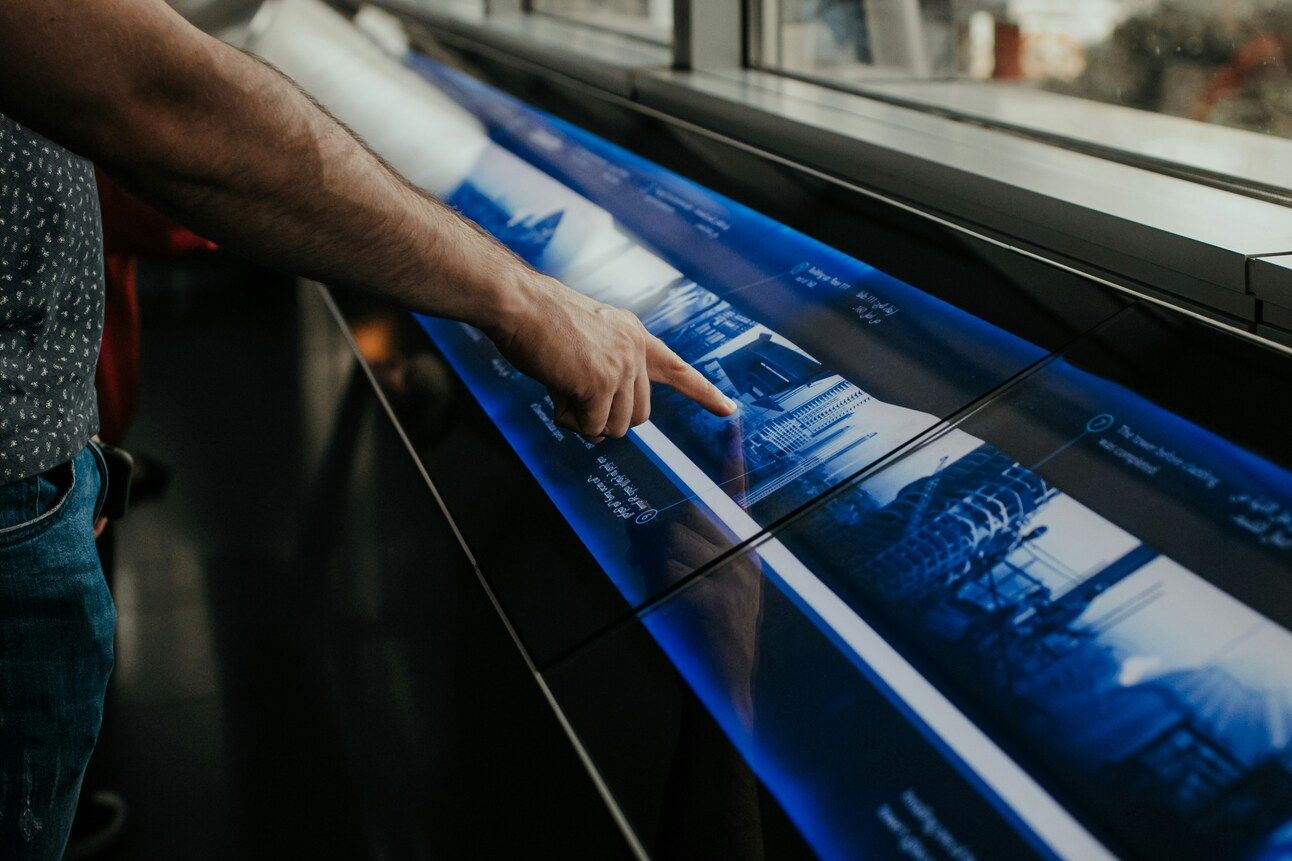
Earlier this month, 22 new AI Officers in various government entities began their duty in Dubai. The hand-picked officers were educated on the capabilities of AI, its deployment, and its blind spots. They will be spearheading specialized AI and technology programs to improve government operations in their sectors.
The newly appointed Chief AI Officers will represent 22 different government entities across Dubai including Dubai Customs, Dubai Police, and DEWA. Dr. Marwan Alzarouni was the first public announced officer selected for the Dubai Department of Economy and Tourism.
This announcement came after the inauguration of the Dubai AI Campus cluster at the Innovation Hub, DIFC in May. The cluster aims to increase economic growth and the contribution of AI to the national GDP whilst establishing Dubai as an optimal destination for tech companies. In the first phase of the campus, 75 businesses had already registered.
Soma’s Perspective:
These appointments represent a major show of commitment to AI integration. These changes can have strong implications for food and water security and the environment. On the positive side, AI can boost efficiency and speed up developments in the food and water industries. Our concern is AI's environmental footprint is large and continuing to grow globally. In recent years, data centers are responsible for approximately 1% to 1.5% of worldwide electricity consumption. AI incorporation needs to weigh the carbon costs accurately to ensure the advantages are not negated.
Sources:
AGWA Launch: When Agriculture, Water, and Food Cluster Together
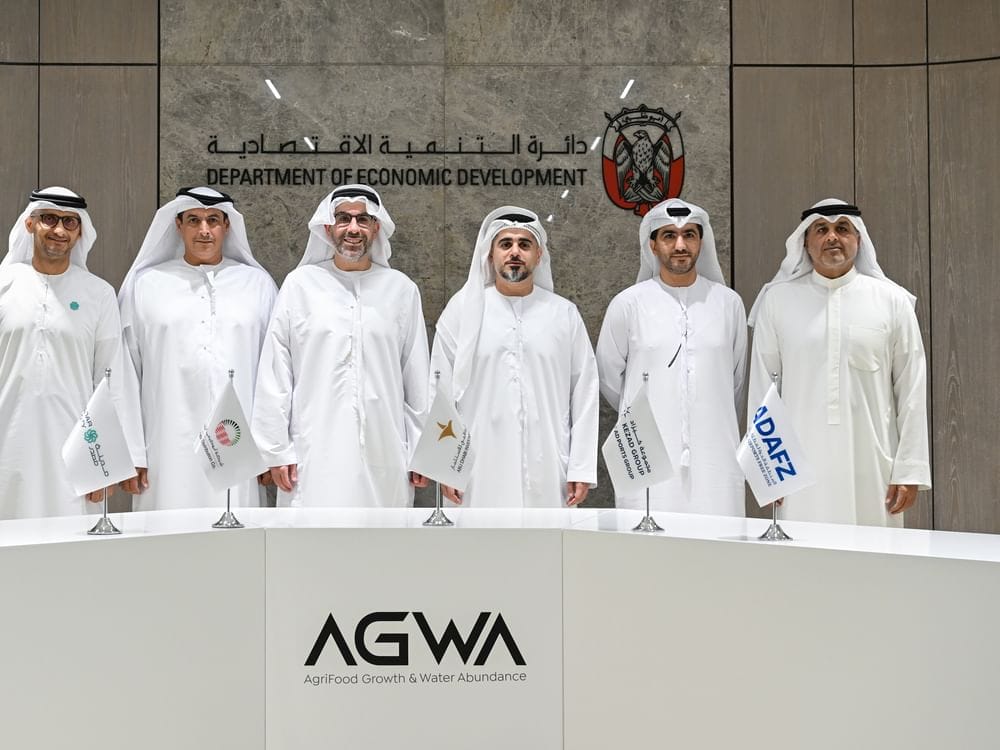
H.H. Sheikh Khaled bin Mohamed bin Zayed Al Nahyan approved the launch of AGWA (the AgriFood Growth and Water Abundance Cluster). The Abu Dhabi Department of Economic Development and the Abu Dhabi Investment Office are spearheading this cluster. Its primary focus will be to support local suppliers, boost homegrown production, and leverage high-tech solutions to meet local food and water demands.
According to ADIO, its main role will be to attract, identify, and support new participants in the cluster. The focus will be on participants capable of advancements in areas like alternative proteins, functional ingredients, algae, traditional farming, value chain technologies, and water technologies.
Regional institutions are collaborating to assist AGWA with regulatory frameworks and support mechanisms. They will also help to create an enabling environment for AGWA cluster companies.
AGWA is also an optimal opportunity for research growth in the food and water sectors. Institutions like the Advanced Technology Research Council (ATRC), the Abu Dhabi Investment Authority Lab (ADIA Lab), Khalifa University, UAEU, and Hub71 are collaborating to foster sustainable solutions and stimulate research.
Soma’s Perspective:
We have focused on "water" as one of our main SOMA MATER themes for the year. The announcement of AGWA's launch is a focus on the interplay between food, agriculture, and water. This is critical for the food system regionally. As system thinkers, we believe that more initiatives that link these three themes are necessary and will continue to gain prominence over time, especially in our arid region. Abu Dhabi is using AGWA as a mechanism to coordinate research centers and universities in Abu Dhabi towards food security challenges. Abu Dhabi continues to be the region’s leader in food security matters.
Sources:
https://www.thenationalnews.com/news/uae/2024/06/09/abu-dhabi-launches-agriculture-centre-to-boost-food-and-water-security/ https://economymiddleeast.com/news/top-abu-dhabi-regulators-collaborate-to-make-agwa-a-success/ https://www.zawya.com/en/economy/gcc/abu-dhabis-agwa-to-leverage-key-infrastructure-partners-vpzsqu7i
UAE Climbs the Ladder: Now 7th in World Competitiveness
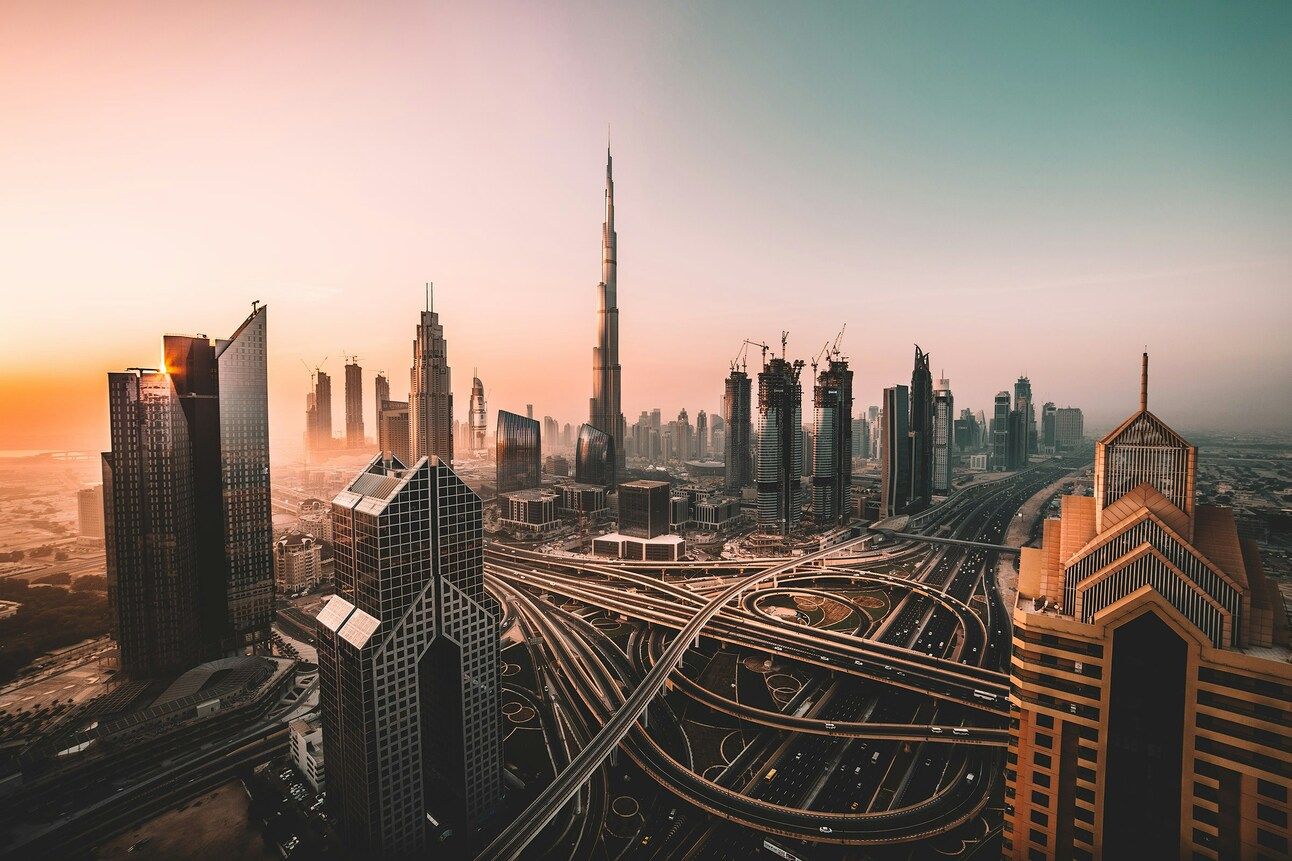
The UAE has moved up three places in the most recent 2024 World Competitiveness Report into 7th position globally. It has now surpassed countries like Norway, Iceland, Japan, Canada, and Finland.
The Switzerland-based International Institute for Management Development issues the World Competitiveness Report. It ranks countries on their long-term value creation capability across economic, administrative, and social sectors. The UAE, which entered the top ten last year, has shown progress across all four main pillars: … It has secured top ten global ranks in over 90 key and sub-indicators.
The UAE achieved top global ranks in various sectors in the report. It led in employment, internet usage, and industrial dispute resolution. The country secured 2nd place in governmental policy adaptability. The UAE stood 4th in controlling consumer price inflation, international experience, and productivity. It excelled in air transportation, energy infrastructure, science graduates, start-up procedures, and foreign highly-skilled personnel.
The report highlighted strengths and weaknesses among GCC countries. The UAE lagged in health & environment and scientific infrastructure (ranking 35th), but was above the rest of GCC countries.
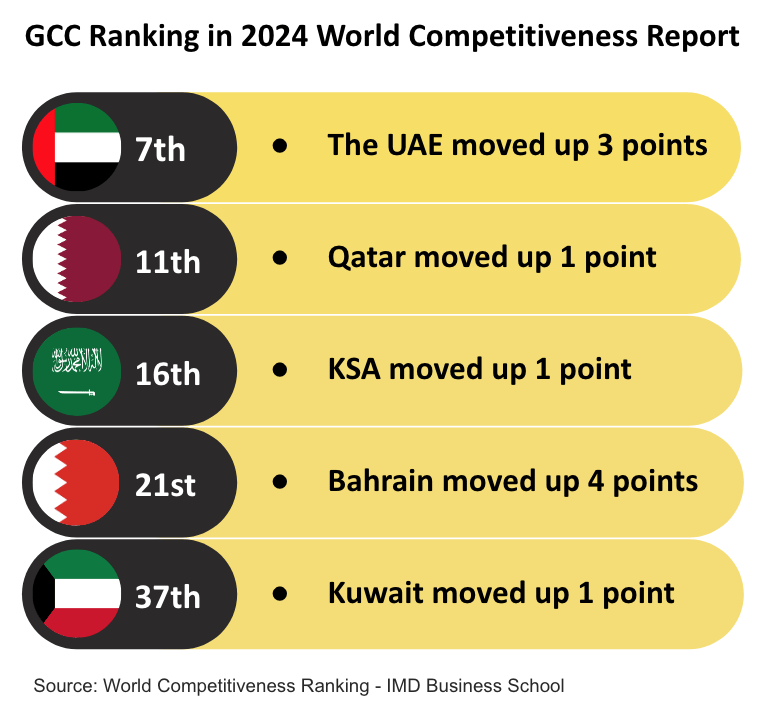
SOMA’s Perspective:
The UAE positioning 7th in the report reflects the region's strong economic, administrative, and social sectors. The UAE continues to demonstrate its agile government and we see this as a distinct advantage in the region. The UAE continues to draw a global expertise in all sectors and the food system can benefit from this. The concern is the underperformance in the scientific infrastructure and health & environment sectors. This pattern is reflected across other GCC countries. The GCC needs to take this indicator more seriously as extreme environmental impact has shown in recent months to have large fiscal and infrastructure costs. The danger of ignoring the environment and science capability will mean the region continues to buy expertise and pay a higher cost as extreme weather makes the region less attractive to live in.
Sources:
If there is anything you would like SOMA MATER to cover, please reply to this newsletter and let us know!